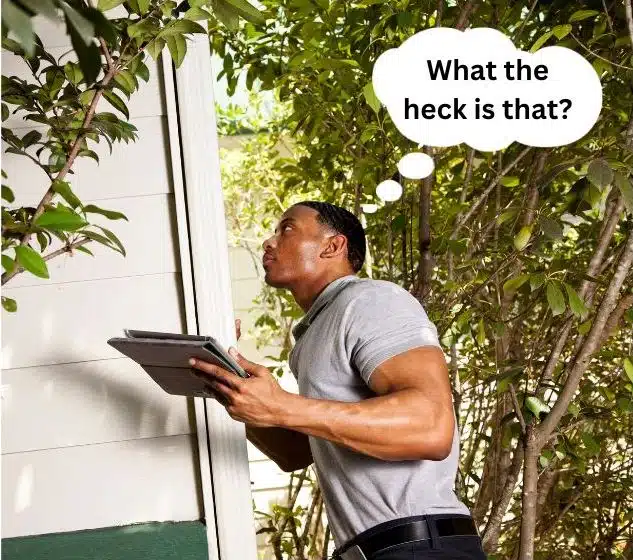It’s a unique time in the Bakersfield real estate market. Interest rates have rapidly increased but has not been matched by an equivalent decline in home prices. Market activity has slowed as a result.
Many buyers cannot afford higher mortgage payments based on the same prices they were willing to pay just a few months earlier. At the same time, a seller must either drop the sales price or incentivize a buyer to make an offer remotely close to the asking price.
Like an old friend, buyers, sellers, lenders and Bakersfield Realtors® are welcoming back the mortgage rate buydown, which can cost a seller much less than a price cut. The buydown was popular in the early 1980s when mortgage rates shot up to stem inflation. Anyone remember the long lines at gas stations?
As a result, the rate buydown is back on the scene.
What’s an Interest Rate Buydown?
A temporary mortgage rate buydown reduces the interest rate for one to three years at the beginning of the loan term, then the rate reverts to its original percentage. For example, a buyer who obtains an 8% interest rate with a one-year buydown would make monthly payments in the first year based on a 7% interest rate, then the rate would rise to 8% for the remainder of the loan term.
If the loan amount in the above example is $500,000, the buyer’s payments (principal, interest, property taxes, and insurance) in the first year would be $3,669 per month, then would rise to $3,326 per month thereafter. Under these terms, a rate buydown would save the borrower about $326 per month in the first year, for a total annual savings of $3,912.
What’s the cost you ask? The cost charged for a buydown differs among lenders, but it’s typically about equal to the buyer’s savings. Sellers, lenders, builders and Bakersfield Realtors® can contribute toward buydowns. This option can be especially attractive for builders who can avoid dropping prices, which can adversely affect the pricing of an entire development.
Check with your lender about the savings and related costs for these common buydown options:
- 1-0 buydown: The interest rate is 1% less during the first year of the mortgage.
- 2-1 buydown: The interest rate is 2% less during the first year of the mortgage, then 1% less during the second year.
- 3-2-1 buydown: The interest rate is 3% less during the first year of the mortgage, 2% less during the second year, and 1% less during the third year.
- 1-1-1 buydown: The rate is reduced by 1% for three years.
How to Obtain an Interest Rate Buydown
There are several approaches to securing a rate buydown:
- The buyer can simply buy down the rate on their own.
- The seller can pay for all or part of the buydown, negotiated up front like any other terms.
- On newly constructed homes, some builders will pay for a buydown in lieu of a price drop.
- The lender can help pay for the buydown, so it’s always good to ask.
- Real estate agents can also help in some circumstances.
- Some cash can be gifted to the buyer, which can free up cash to buy down the rate.
Keep in mind that the seller would need to have the funds available to pay for the buy down, and it may not be possible in all situations. It is always a good idea for the buyer to discuss this possibility with their lender and real estate agent to see if it is a feasible option.
Is a Buydown Similar to an Adjustable Rate Mortgage?
A rate buydown is not an adjustable-rate mortgage (ARM). A buydown rate is reduced either temporarily or permanently based on an up-front fee.
An ARM carries a fixed interest rate for a period of time (several years), then the interest rate resets periodically (yearly or even monthly) based on an index plus an additional spread called a margin. The index used for ARMs is typically the London Interbank Offered Rate (LIBOR).
What Are Discount Points?
Some home buyers prefer to pay discount points, which can permanently reduce the interest rate. However, paying points is a long term consideration, since the monthly savings is much less. Paying one discount point (1% of the loan amount) typically reduces the interest rate by about 0.25%.
On a $500,000 loan at 8%, the $5,000 fee would buy a monthly savings of about $86. For any given scenario, a breakeven analysis can be done to determine whether it makes sense given the situation. Here, it would take 58 months ($5,000 divided by $86/month) to recoup the upfront cost. If a borrower plans to sell or refinance during that time, then the short-term savings of a temporary buydown could make more sense.
Permanent buydowns can simultaneously make qualifying for a loan easier and help with long term cash flow.
Are There Limits On Buydowns?
Yes. Fannie Mae and Freddie Mac (which back and buy loans originated by most lenders) place certain restrictions on buydowns:
- Buydowns only apply to purchasing or refinancing primary residences and second homes.
- A lender must qualify a borrower at the full interest rate, which ensures that the borrower can afford the loan after the rate reverts to the rate on the note.
- The buydown period may not exceed 36 months.
- Increases may not exceed 1% in each 12-month interval.
Does a Buydown Work For You?
It depends on who is paying for the buydown. If a seller, builder, or lender is covering the cost then having a lower loan payment is an easy decision. However, if you are paying the upfront cost then you need to run some numbers with your lender.
A temporary buydown may not make sense because the cost and savings are usually equivalent. A permanent buydown can make sense depending on how long you plan to stay in the home before selling or refinancing. You must then compare that time period with the breakeven point to ensure the savings exceeds the cash spent on points.
Another consideration is whether you are sacrificing cash on a buydown that could be better spent elsewhere like home repairs. A seller may be willing to pay for one but not the other.
Contact Us if you need more information about buying down your mortgage interest rate. We can connect you with the right Bakersfield Realtor or lender.


